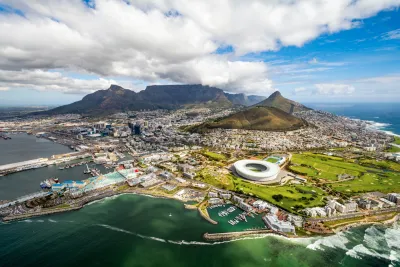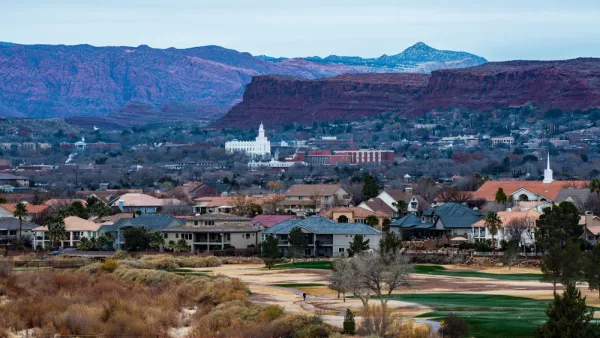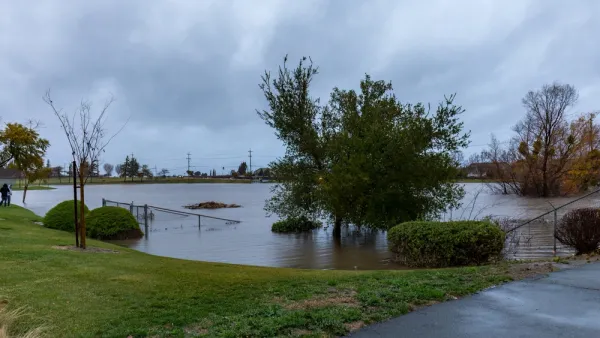As the world’s water supply becomes more threatened, the wealthiest people are exacerbating the crisis through non-essential uses while the poor are the first to lose access to water.

A study of water use in Cape Town, South Africa found that “ the richest people used 50 times more water than the poorest,” driving the city’s water crisis, which reached an extreme in 2018 with the Day Zero crisis. In Cape Town, the study’s authors concluded that 14 percent of the city’s population used 51 percent of water, writes Damian Carrington in The Guardian.
The researchers say other major world cities face a similar challenge. “In March, a report by the Global Commission on the Economics of Water concluded that the world faces an imminent water crisis, with demand expected to outstrip supply by 40% by 2030.”
The report predicts that the gap in access to water between the rich and the poor will continue to widen as water scarcity deepens. “The scientists said failing to account for social inequality in a water crisis often led to technocratic solutions that simply reproduced the uneven and unsustainable water use patterns that contributed to the water crisis in the first place.”
FULL STORY: Swimming pools of the rich driving city water crises, study says

Analysis: Cybertruck Fatality Rate Far Exceeds That of Ford Pinto
The Tesla Cybertruck was recalled seven times last year.

National Parks Layoffs Will Cause Communities to Lose Billions
Thousands of essential park workers were laid off this week, just before the busy spring break season.

Retro-silient?: America’s First “Eco-burb,” The Woodlands Turns 50
A master-planned community north of Houston offers lessons on green infrastructure and resilient design, but falls short of its founder’s lofty affordability and walkability goals.

Test News Post 1
This is a summary

Analysis: Cybertruck Fatality Rate Far Exceeds That of Ford Pinto
The Tesla Cybertruck was recalled seven times last year.

Test News Headline 46
Test for the image on the front page.
Urban Design for Planners 1: Software Tools
This six-course series explores essential urban design concepts using open source software and equips planners with the tools they need to participate fully in the urban design process.
Planning for Universal Design
Learn the tools for implementing Universal Design in planning regulations.
EMC Planning Group, Inc.
Planetizen
Planetizen
Mpact (formerly Rail~Volution)
Great Falls Development Authority, Inc.
HUDs Office of Policy Development and Research
NYU Wagner Graduate School of Public Service




























